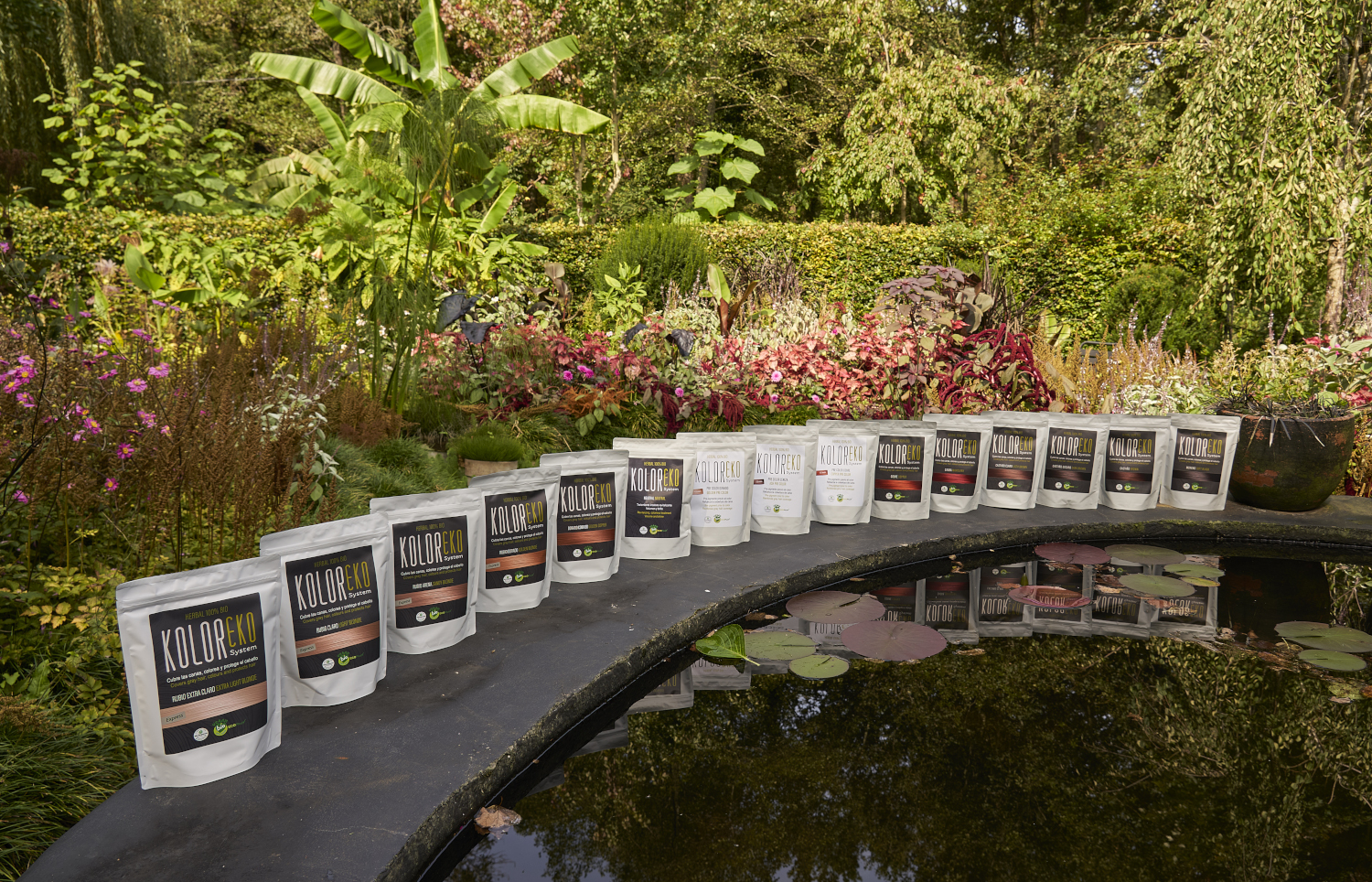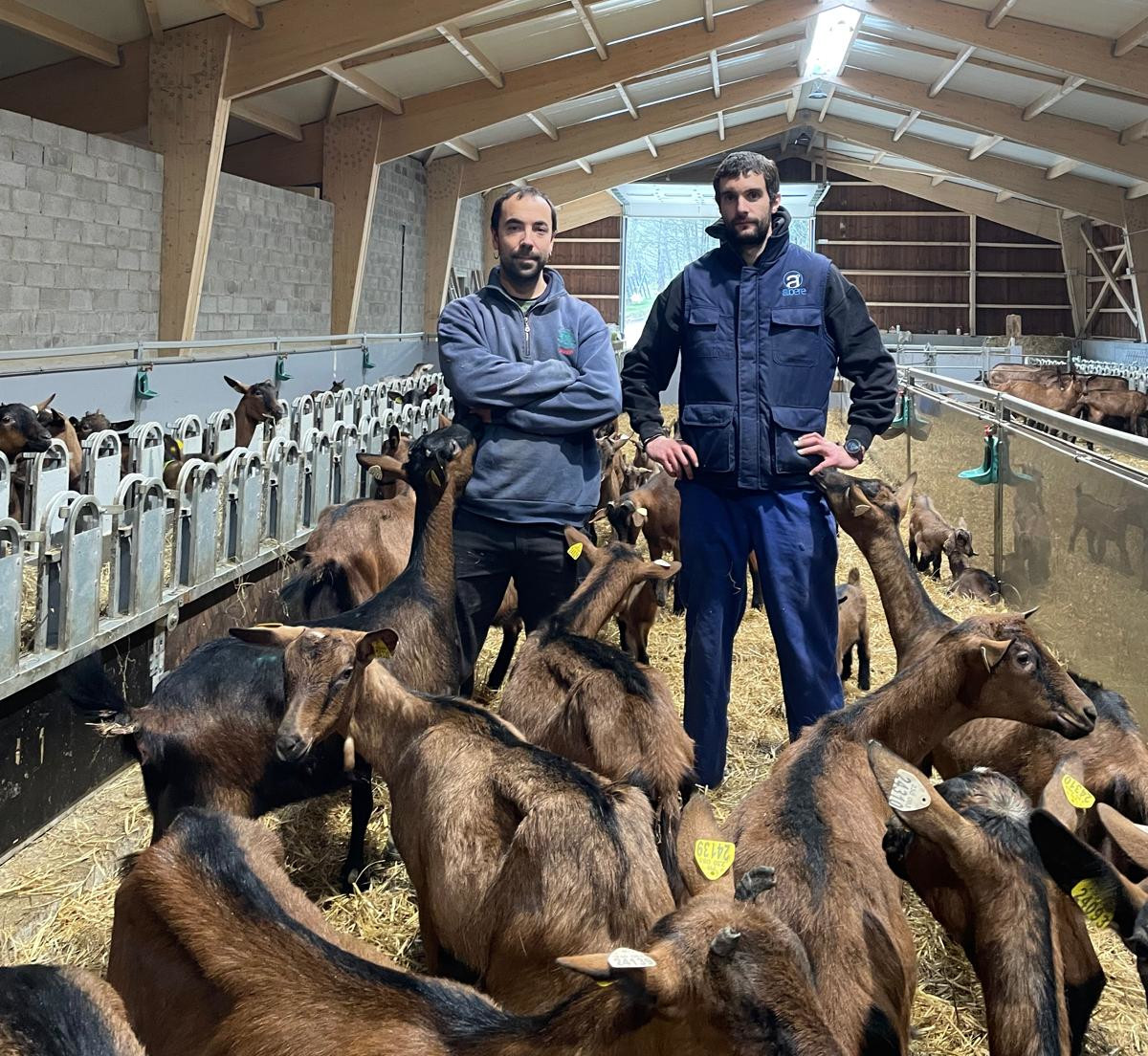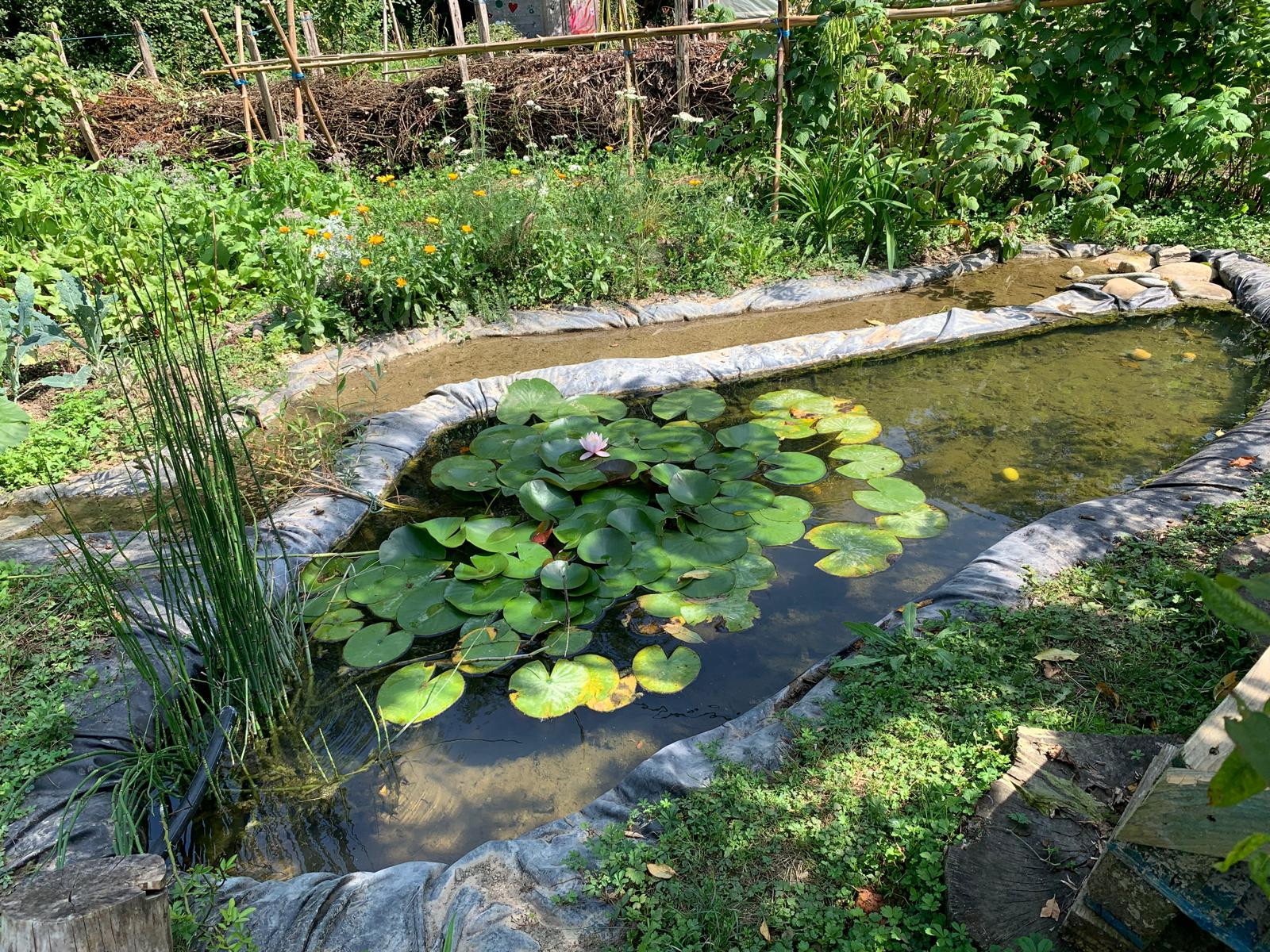Chukruta and kimchi of the Basque Country
- Satxa Zeberio, promoter of the Bio-K project, moved to Errezil and planted apple trees several years ago. “It was time to do something with apples, and then we started producing apple juice and cider,” he explains. In 2015, the Bio-K project was officially created and, in addition to the initial production associated with the apple, it also began to carry out tests with fermented products. Today they produce chukruta, kimchi, apple juice, cider and vinegar.

Zeberio had no contact with the primary sector and agriculture since before, but he had been wanting to move to the rural world for some time: “I used to work outside, but I always had this challenge in mind, and when the opportunity came, we slowly started taking steps,” he explains. In Errezil itself the builder was put into operation to produce apple juice and cider, although today the site has been moved to Astigarraga. “We do all the organic production right now.”
As the production of cider and apple juice may be common in our country, what is less common is that of fermented products, which have been added as the Bio-K project progresses. “I was quite involved in the world of fermentation before the project started. It is true that the world is very wide, it has no end, but for the moment we are dealing with three types of fermented products,” says Zeberio. Lactic fermentations are the ones that cultivate them, and the project member highlights that they are widely distributed in the countries of northern Europe. “They’re getting more and more popular and they’re getting a good response,” he added. The sauerkraut is a cabbage that has undergone the fermentation process and also the kimchi, but the latter is usually handled with a spicy taste.
When it comes to non-domestic raw materials, nearby
When the Bio-K project was launched, they used only the raw materials produced by them to carry out transformations, but over the years their production has been increasing and today they also acquire some products through a cooperative in Navarre: “We make all the cider with our apples, but for chukruta and kimchi we also have part of the products from the outside.” They try to work with nearby farmers, at least as far as they can.
Their products can be purchased on request on the project website, as well as in stores in different corners of the Basque Country. In recent years, the project has also won awards in an international competition. “We have won several prizes with vinegar, for example in 2024, we won the gold medal. These awards are always a motivation to continue with the project, somewhere, a sign that we are doing things well”, he concludes.
Duela lau urte abiatu zuten Azpeitian Enkarguk proiektua, Udalaren, Urkome Landa Garapen Elkartearen eta Azpeitiako eta Gipuzkoako merkatari txikien elkarteen artean. “Orain proiektua bigarren fasera eraman dugu, eta Azkoitian sortu dugu antzeko egitasmoa, bere izenarekin:... [+]
Donostiako Amara auzoko Izko ileapaindegi ekologikoak 40 urte bete berri ditu. Familia-enpresa txikia da, eta hasieratik izan zuten sortzaileek ile-apainketan erabiltzen ziren produktuekiko kezka. “Erabiltzaileen azalarentzat oso bortzitzak dira produktu gehienak, baina... [+]
Ubidekoak (Bizkaia) dira Imanol Iturriotz eta Aritz Bengoa gazteak. “Lagunak gara txikitatik, eta beti izan dugu buruan abeltzaintza proiektu bat martxan jartzeko ideia”, azaldu du Iturriotzek. Nekazaritzari lotutako ikasketak izan ez arren, baserri munduarekin eta... [+]
Iruñean bizi ziren Iñaki Zoko Lamarka eta Andoni Arizkuren Eseberri gazteak, baina familiaren herriarekin, Otsagabiarekin, lotura estua zuten biek betidanik. “Lehen, asteburuetan eta udan etortzen ginen eta duela urte batzuk bizitzera etorri ginen”, dio... [+]
Gipuzkoako hamaika txokotatik gerturatutako hamarka lagun elkartu ziren otsailaren 23an Amillubiko lehen auzo(p)lanera. Biolur elkarteak bultzatutako proiektu kolektiboa da Amillubi, agroekologian sakontzeko eta Gipuzkoako etorkizuneko elikadura erronkei heltzeko asmoz Zestoako... [+]
Emakume bakoitzaren errelatotik abiatuta, lurrari eta elikadurari buruzko jakituria kolektibizatu eta sukaldeko iruditegia irauli nahi ditu Ziminttere proiektuak, mahai baten bueltan, sukaldean bertan eta elikagaiak eskutan darabiltzaten bitartean.





















